Low blood pressure is partly caused by anemia. There are many causes of anemia, including iron deficiency, folic acid deficiency, traumatic blood loss, internal bleeding … Anemia causes less red blood cells or hemoglobin, which means your body will not receive enough oxygen, leading to dysfunction of various organs. So Diet has a great influence on Anemia treatment. Anemia treatment foods include foods rich in vitamin B12, folic acid, vitamin C, and iron.


1. What is anemia?
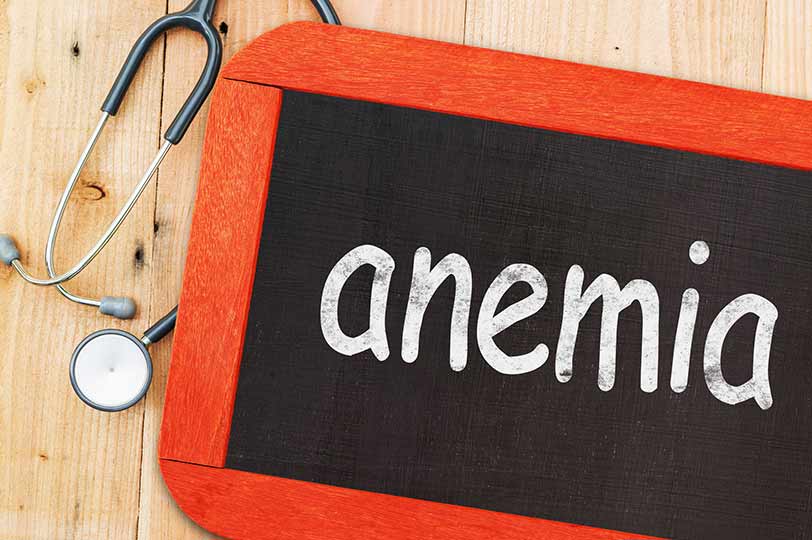

✅ Anemia occurs when your body doesn’t have enough red blood cells. This condition is mainly caused by blood loss, the destruction of red blood cells, or the inability of the body to make enough red blood cells. There are many types of anemia. The most common type is iron-deficiency anemia. Red blood cells contain a protein called hemoglobin. Hemoglobin is full of iron, so without enough iron, your body will not be able to produce hemoglobin, which will lead to oxygen-rich anemia. If anemia is caused by hemolytic disease, this is a very serious condition.
✅ Blood is an important component of the body, helping to supply nutrients to the cells and eliminate toxins produced in the body’s metabolism. Therefore, anemia will cause undesirable effects on health:
- For children: Anemia makes the children’s immune system weakened (susceptible to intestinal and respiratory diseases); poor physical activity and intelligence; insomnia, poor concentration.
- For teenage girls: Iron deficiency, nutritional anemia makes memory, cognitive impairment; Decreased health, prone to severe anemia during pregnancy.
- For pregnant and lactating women: Pregnant women with anemia are prone to miscarriage, premature birth; mothers are more susceptible to hypertension and obstetric complications at birth. Lactating women lack iron, nutritional anemia will make the body tired, especially babies at risk of nutritional anemia.
- For men: Feeling tired, reduced sexual health.
- For workers: Workers suffering from anemia, iron deficiency are often tired, capable, and low labor productivity.
- For the elderly: Iron deficiency, nutritional anemia in the elderly aggravate dementia.
- In addition, iron deficiency, nutritional anemia can cause heart palpitations, wrinkled skin, thinning nails, and hair loss.
2. Diet for Anemia treatment
✅ The diet for iron-deficiency anemia patients should include iron-rich foods and vitamins essential for the production of hemoglobin and red blood cells. Patients also need to be supplemented with foods that help the body absorb iron better. Anemic diets include foods rich in vitamin B12, folic acid, vitamin C and iron.
The role of nutrients in anemia
- Iron is an important micronutrient, a constituent of hemoglobin that transports oxygen in the blood to the body tissues; combined with other nutrients to release energy for muscle contraction, metabolism such as DNA synthesis, and immune, digestive functions … Iron is found in animal source foods such as meat, Liver, fish … Iron is enhanced by absorption of vitamin C and in contrast, it is inhibited by the absorption of iron by phytates, phosphates, calcium and polyphenols (found in tea and some vegetables).
- Folic acid or folate (vitamin B9) is necessary for cell growth and division and blood cell formation. Folate is found in dark green leafy vegetables, citrus fruits, cauliflower, broccoli … and high-protein foods such as meat, liver, beans …
- Vitamin B12 participates in the synthesis of thymidylate, an ingredient in DNA molecule, providing raw materials for DNA synthesis, contributing to the process of cell division and cell maturation in the body and vitamin B12 is abundant in animal, fish, pig, and poultry liver.
3. Anemia treatment foods
3.1 Anemia treatment foods: Green leafy vegetables
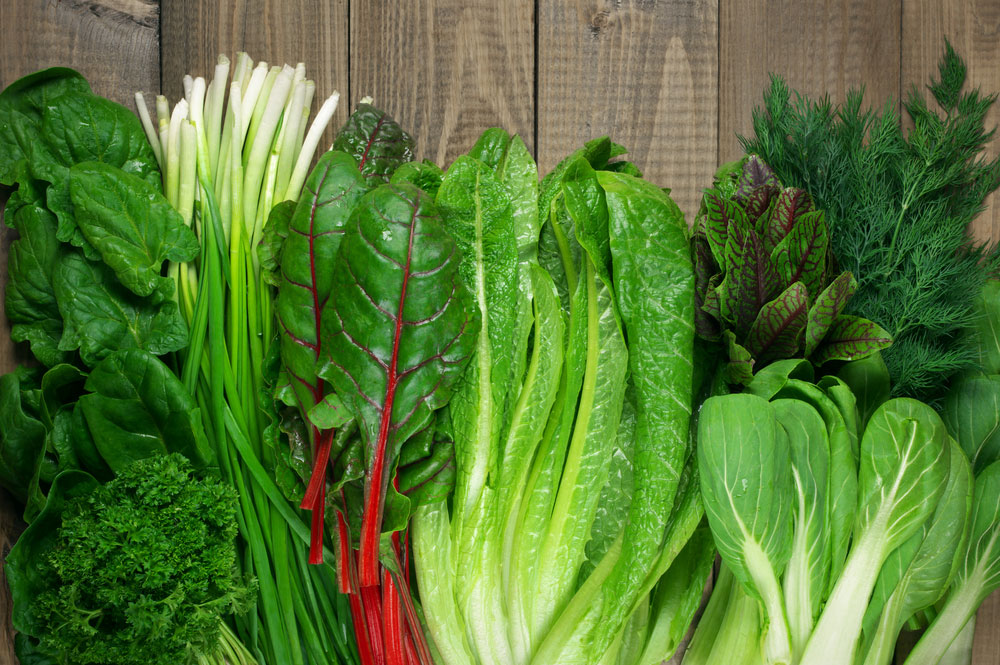

✅ Green vegetables, especially dark green, are one of the best sources of iron. These include: Spinach, Kale, Dandelion, Beet. Spinach is a very common leafy green vegetable that helps prevent anemia. Spinach is rich in calcium, vitamins A, B9, E and C, iron, fiber and beta carotene. Beets are known as a very effective vegetable in the fight against anemia. This root has a high iron content, which helps repair and reactivate red blood cells.
3.2 Anemia treatment foods: Red meat
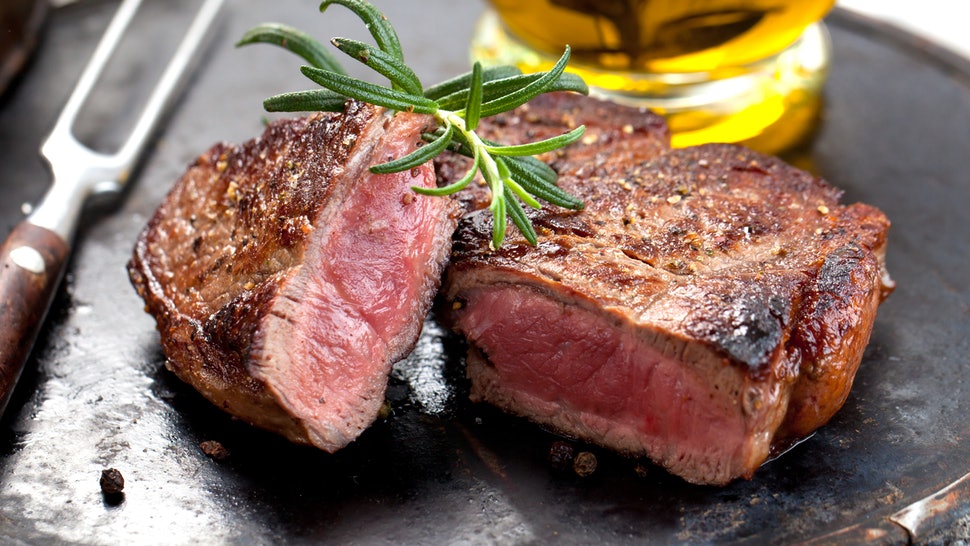

✅ All meat and poultry contain iron. Red meat is the best source. Poultry like chickens and ducks have lower numbers. Red meats are also a great source of vitamin B12.
3.3 Anemia treatment foods: Liver
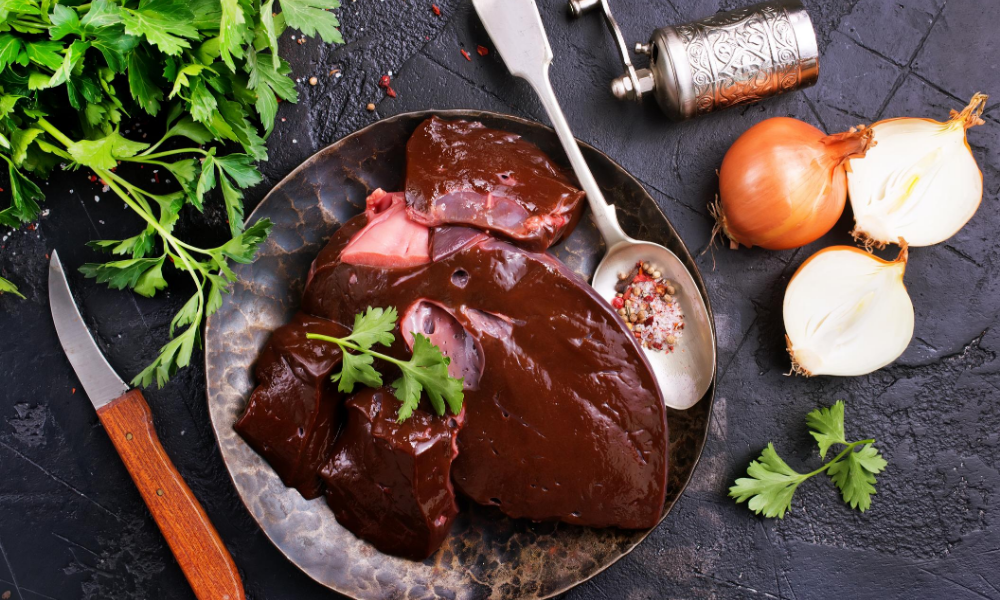

✅ Organ types are an excellent source of iron. The liver is arguably the most common internal organ, rich in iron and folate.
3.4 Anemia treatment foods: Seafood
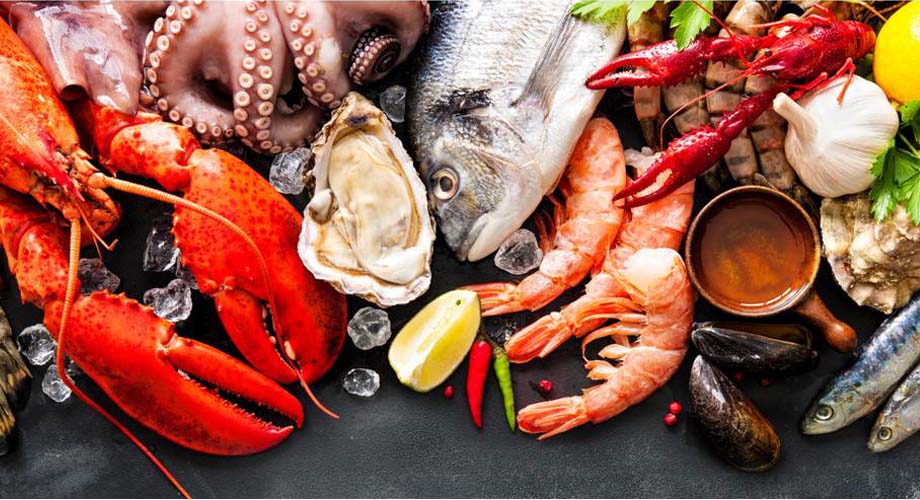

✅ Some seafood provide iron. Shellfish such as clams and shrimp are good sources. Most fish contain iron. Fish like tuna and sardines are high in iron.
3.5 Anemia treatment foods: What should you not eat?
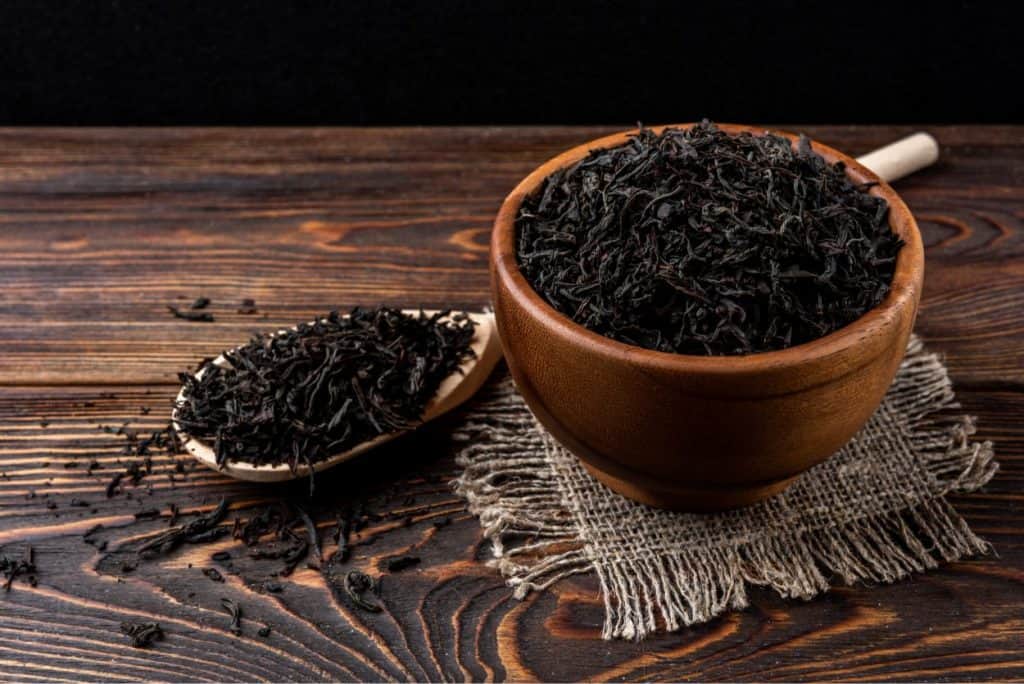

In addition to foods that help supplement iron, folate and vitamin B12, which are very beneficial for people with anemia, in the daily diet you should pay attention to restrict some of the following foods. They reduce iron absorption and make anemia worse:
- Tannin-containing beverages: Tannins are naturally found in many plant-based foods. This active ingredient is found in green tea, black tea, coffee, grapes, wine, corn … Tannin will limit the absorption of iron in plant foods such as beans, legumes, dark green leafy vegetables.
- Phytates-rich foods: Phytates or phytic acids are commonly found in high-fiber foods such as whole wheat, legumes, brown rice, etc., and the refined products of these foods. Phytates and phytic acid bind to iron in the digestive system, preventing iron absorption. Therefore, anemic people should limit foods containing phytates and phytic acid.
- Foods containing Calcium: Calcium can interfere with iron absorption. Therefore, eating foods containing calcium with foods containing iron in the same diet will limit the absorption of iron. So, should eat foods containing these two substances at a time apart.
- Foods that contain oxalic acid: In some cases, certain foods that contain oxalic acid will interfere with iron absorption. Some foods that contain oxalic acid should be avoided or restricted if you have anemia such as peanuts, spinach, and beets.
- Alcohol: Alcohol interferes with the absorption of folate in the body. Therefore, you should not drink alcohol when anemia.
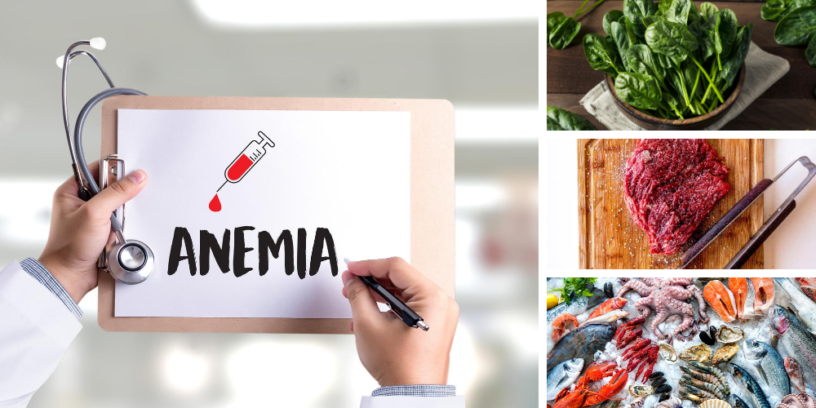




Leave a Reply